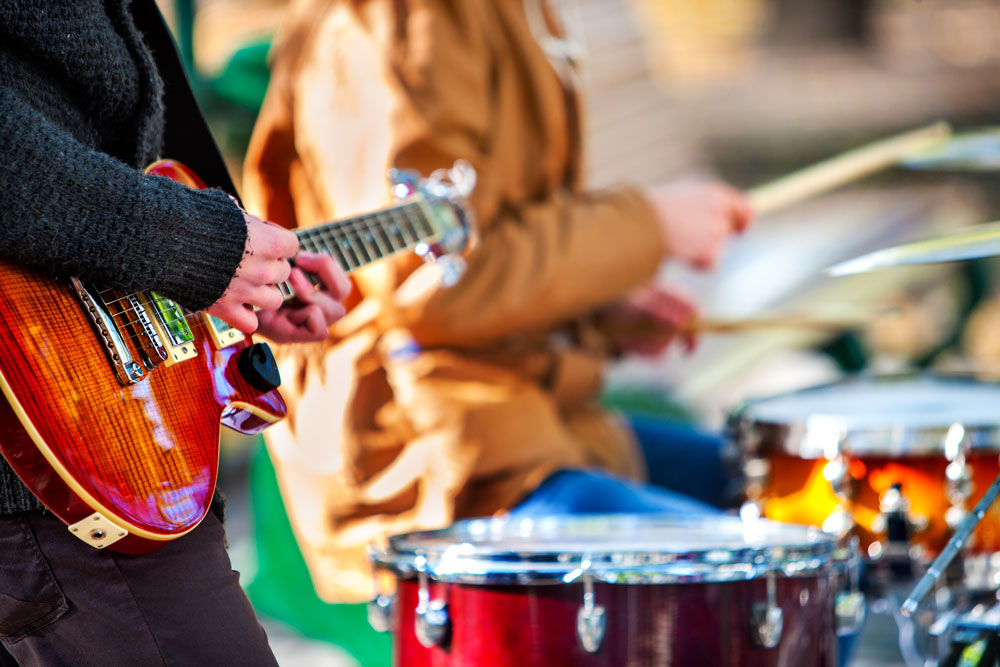
So your community association has survived Hurricane Irma and completed all the repairs. In celebration of this milestone, the association decided to hold a community wide cookout with live music. The celebration was a success and thoroughly enjoyed by everyone. Now, two weeks later, you are in receipt of a certified letter from a Performing Rights Organization advising you that the band you hired performed copyrighted material from artists it represents, and that the association is in violation of federal copyright law and is threatening serious penalties unless you agree to purchase a license from the organization. What have you done and what do you do?
This scenario, in various forms, plays out for numerous community associations every year. If your community association displays copyrighted materials such as music, movies, or television programs, and even if only the owners or residents of your community attend such performances, the association is likely engaging in the public performance of copyrighted material and is therefore required to obtain the appropriate license. The key to understanding whether a license is required is first understanding whether the display of the copyrighted material constitutes a public performance. Typically, a public performance is any display or performance of copyrighted material at a place that is either open to the public or where a substantial number of persons outside a normal circle of family or social acquaintances are gathered. Further, performances in “semi-public” places such as private clubs, lodges, summer camps, and schools are considered “public performances” for the purposes of copyright law. Therefore, the display of copyrighted material in one’s home with family or friends is not considered a public performance, however, the display of the same material by a community association at a function that is only attended by owners or residents could possibly be treated as a public performance.
A community association that engages in the performance of copyrighted material, whether through hosting events with music, or otherwise, would either need to purchase its own licenses from the appropriate Performing Rights Organizations or ensure that any performers have acquired the necessary licenses. Examples of Performing Rights Organizations are BMI (Broadcast Music Inc.), ASCAP (American Society of Composers, Authors and Publishers) and SESAC (Society of European Stage Authors and Composers). Further, there are other organizations for musicians and composers, as well as additional organizations for visual media. While an association can protect itself by confirming that its performer has purchased all appropriate licenses, in the event that the performer does not have the appropriate license, even if their contract with the association requires them to do so, the association can still be found liable for the copyright violation.
Violations of copyright can carry significant monetary penalties. As such, this is an area where the association should tread cautiously.
The best course of action for a community association is to address the licensure issue prospectively before any performance. However, if the association receives a notice of a violation from a copyright holder or a Performing Rights Organization, the association should consult with its legal services provider to determine the best strategy moving forward to limit the association’s exposure.


